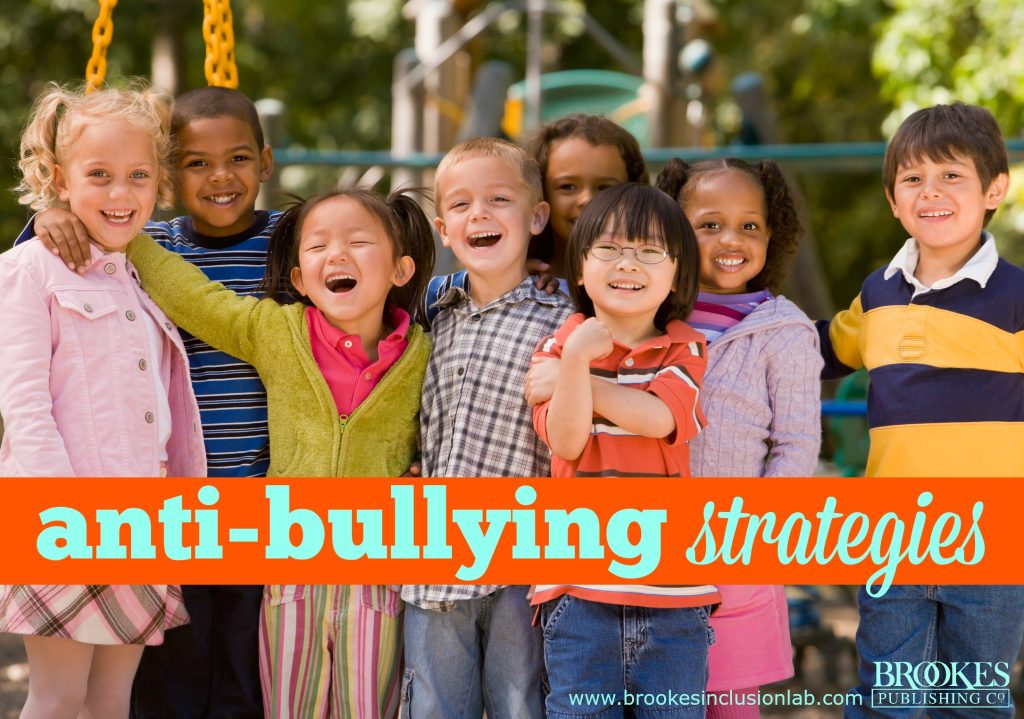Bystander Intervention in Stopping Bullying
Bystander Intervention

The Power of Bystanders: The Importance of Bystander Intervention in Stopping Bullying Bullying, a pervasive issue in schools and communities, often unfolds in the presence of bystanders. While witnessing bullying can be uncomfortable and challenging, bystanders play a crucial role in preventing and stopping these harmful behaviors. Understanding the importance of bystander intervention and equipping individuals with effective strategies is essential to creating a bully-free environment.
Bystander Effect and Social Responsibility: When individuals witness bullying, they may experience the bystander effect, a phenomenon where the presence of others inhibits their willingness to intervene. However, it is crucial to recognize that all bystanders have a social responsibility to act against bullying. By failing to intervene, bystanders become passive supporters of bullying and contribute to its continuation. Consequences of Bullying for Victims:
Bullying has severe consequences for victims, including physical injuries, emotional distress, academic difficulties, and social isolation. Bystander intervention is critical in preventing these harmful outcomes and supporting victims in their time of need. Types of Bystander Intervention: Bystanders can intervene in bullying situations in various ways:
* Direct Intervention: Directly confronting the bully and demanding that they stop their behavior. This approach requires courage and assertiveness, but it can be highly effective in stopping bullying.
* Indirect Intervention: Intervening by distracting the bully, offering support to the victim, or reporting the incident to an authority figure. This approach is less confrontational and can be suitable for bystanders who are not comfortable with direct intervention.
* Social Intervention: Using social influence to discourage bullying by speaking out against it, supporting victims, and creating a climate of disapproval around bullying behavior.
Effective Bystander Intervention Strategies:
Effective bystander intervention involves the following strategies:
* Assess the Situation: Observe the bullying incident and assess the safety of intervening. * Choose an Intervention Method: Select an appropriate intervention strategy based on the situation and your comfort level. * Act Promptly: Intervene as soon as possible to prevent the bullying from escalating. * Be Assertive and Respectful: Clearly and firmly communicate your disapproval of the bullying behavior. * Support the Victim: Offer support and comfort to the victim after the incident. * Report the Incident: Inform an authority figure about the bullying incident to ensure appropriate action is taken.
Overcoming Barriers to Bystander Intervention: Several barriers may hinder bystanders from intervening in bullying situations, including: * Fear of Retaliation: Concern about being targeted by the bully or their associates. * Lack of Confidence: Feeling unsure of how to intervene effectively. * Social Pressure: Fear of being judged or ostracized by peers. * Diffusion of Responsibility: Assuming that someone else will intervene. To overcome these barriers, it is important to promote a culture of courage and support within the school or community. Bystanders should be empowered to intervene safely and effectively, and schools should have clear policies and procedures in place to address bullying incidents.
Conclusion: Bystander intervention is a powerful tool in the fight against bullying. By understanding the importance of their role, bystanders can overcome barriers, choose effective intervention strategies, and create a safe and supportive environment for all. By empowering bystanders and fostering a culture of respect and empathy, we can prevent bullying from taking root and create a more just and inclusive society for everyone.

Empowering Bystanders: How Reportbullying.com Tackles Bullying Head-On
Bullying is a pervasive problem, impacting countless individuals and communities. While many initiatives focus on victims and perpetrators, Reportbullying.com takes a proactive approach, recognizing the crucial role bystanders play in creating a safer environment.
The Bystander Effect:
The bystander effect describes the phenomenon where individuals are less likely to intervene in a situation when others are present. This inaction can contribute to the escalation of bullying and reinforces the power dynamic.
Reportbullying.com’s Unique Approach:
Reportbullying.com empowers bystanders to become agents of change. Our platform provides a safe and anonymous space for individuals to report bullying incidents. We don’t just stop at reporting. Our comprehensive follow-up program actively engages bystanders:
* Educational Resources: We provide bystanders with information about bullying dynamics, its impact, and the importance of intervention.
* Skill Development: We equip bystanders with practical strategies to safely and effectively intervene in bullying situations.
* Support Network: We connect bystanders with resources and support networks, ensuring they don’t face the issue alone.
Creating a Culture of Upstanders:
By focusing on bystanders, Reportbullying.com promotes a culture of upstanders, individuals who choose to act against bullying. This shift from passivity to action is crucial in fostering a safe and inclusive environment.
The Power of Collective Action:
When bystanders become active participants in preventing bullying, the impact is amplified. A single act of courage can inspire others to do the same, creating a powerful ripple effect.
Reportbullying.com: Your Partner in Combating Bullying
Join us in building a world free from bullying. Reportbullying.com offers a platform for reporting, education, and support, empowering bystanders to become agents of change. Visit our website today to learn more.
Keywords: Reportbullying.com, bullying, bystander, bystander effect, intervention, upstander, follow-up program, safe environment, education, support, resources, prevention, collective action, anti-bullying, online platform, anonymous reporting.

